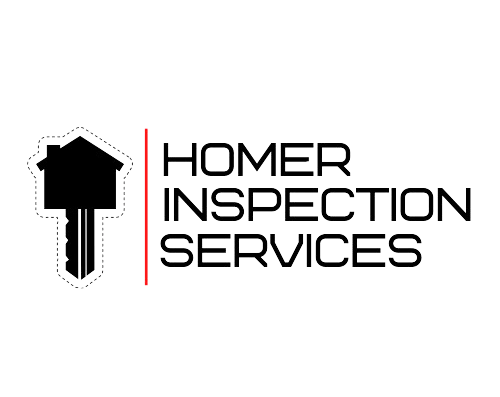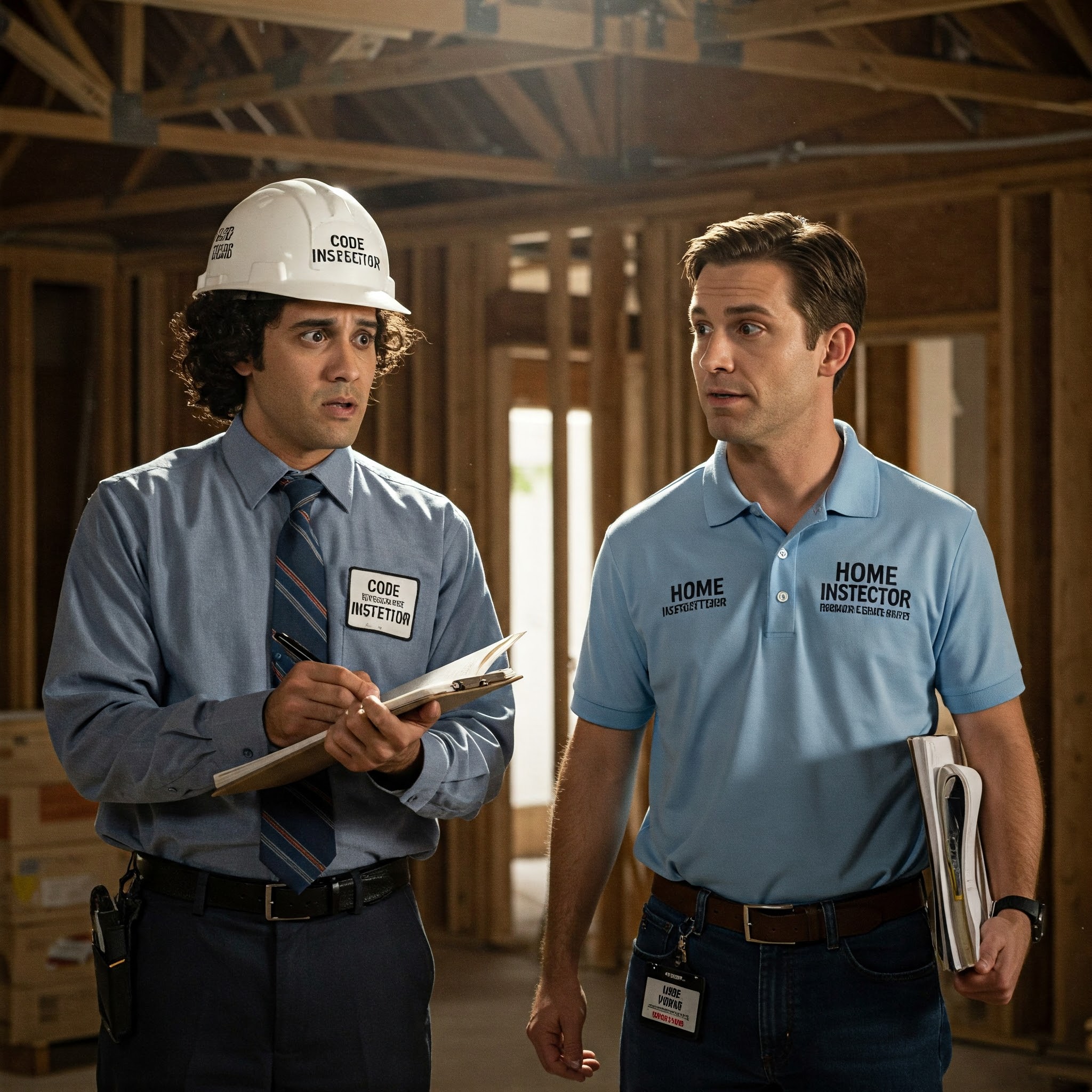Buying a home is one of the biggest financial decisions you’ll ever make. To ensure a smooth and stress-free transaction, it’s crucial to understand the different types of home inspections available. This blog post will delve into the key distinctions between general home inspections and code inspections, empowering you with the knowledge to make informed decisions about your property in Pennsylvania, Delaware, and Maryland.
What is a General Home Inspection?
A general home inspection is a comprehensive assessment of a property’s overall condition. Conducted by a licensed home inspector, it aims to provide a detailed picture of the home’s systems and components, highlighting potential issues that could impact safety, functionality, or value.
Key Aspects of a General Home Inspection:
- Comprehensive Assessment: General home inspections cover a wide range of areas, including:
- Structural systems: Foundation, framing, roof, and attic
- Electrical systems: Wiring, outlets, and panels
- Plumbing systems: Pipes, fixtures, and water heater
- Heating and cooling systems: HVAC units and ductwork
- Insulation and ventilation: Energy efficiency and air quality
- Interior and exterior components: Windows, doors, siding, and more
- Visual and Non-Invasive: General home inspectors primarily rely on visual inspection and non-destructive testing methods.
- Informative Report: Following the inspection, you’ll receive a detailed report outlining the inspector’s findings, including any identified deficiencies or areas of concern.
What is a Code Inspection?
A code inspection, on the other hand, is a more specific evaluation focused on ensuring compliance with local building codes and safety regulations. These inspections are typically conducted by government officials or authorized inspectors.
Key Aspects of a Code Inspection:
- Compliance Focus: Code inspectors verify that the property adheres to specific building codes and regulations, such as those related to electrical wiring, plumbing, and structural integrity.
- Enforcement Authority: Code inspectors have the authority to issue violations and require corrective actions if non-compliance is found.
- Specific Stages: Code inspections are often conducted at various stages of construction or renovation, such as framing, electrical, plumbing, and final completion.
General Home Inspection vs. Code Inspection: A Comparative Table
| Feature | General Home Inspection | Code Inspection |
| Purpose | Assess overall property condition | Ensure compliance with building codes |
| Scope | Comprehensive evaluation of systems and components | Focused on specific code requirements |
| Methodology | Visual inspection, non-destructive testing | Detailed examination, potentially invasive |
| Authority | Conducted by licensed home inspectors | Conducted by government officials or authorized inspectors |
| Outcome | Informative report highlighting potential issues | Identification of code violations and required corrections |
When to Choose a General Home Inspection:
- Homebuyers: General home inspections are essential for buyers to make informed decisions about a property. They provide valuable insights into the home’s condition and potential repair needs.
- Home Sellers: Conducting a pre-listing inspection can help identify potential issues before putting your home on the market, allowing you to address them proactively and increase your chances of a smooth sale.
- Homeowners: Regular general home inspections can help identify potential problems early on, preventing costly repairs and ensuring the safety and well-being of your family.
When to Choose a Code Inspection:
- New Construction: Code inspections are mandatory during the construction process to ensure compliance with local regulations.
- Renovations and Remodeling: If you’re undertaking significant renovations or additions, code inspections are necessary at various stages to ensure the work meets safety standards.
- Rental Properties: Landlords may require code inspections to ensure their rental properties comply with local regulations and provide a safe living environment for tenants.
The Importance of Professional Inspections in PA, DE, and MD
Whether you’re a homeowner, a real estate professional, or a prospective buyer in Pennsylvania, Delaware, or Maryland, understanding the differences between general home inspections and code inspections is crucial. By choosing the right type of inspection for your specific needs, you can make informed decisions, protect your investment, and ensure the safety and well-being of your family.
Schedule Your Home Inspection Today!
Ready to schedule a comprehensive home inspection in PA, DE, or MD? Visit our website at www.homerinspect.com to learn more about our services and to book your inspection today. Our team of experienced and certified home inspectors will provide you with the information you need to make confident decisions about your property.
Additional Resources:
- Pennsylvania Department of Labor & Industry: https://www.pa.gov/agencies/dli.html
- Delaware Division of Professional Regulation: https://dpr.delaware.gov/
- Maryland Home Improvement Commission: https://labor.maryland.gov/license/mhic/
Remember, a thorough inspection is an investment in your peace of mind and the long-term value of your property.



